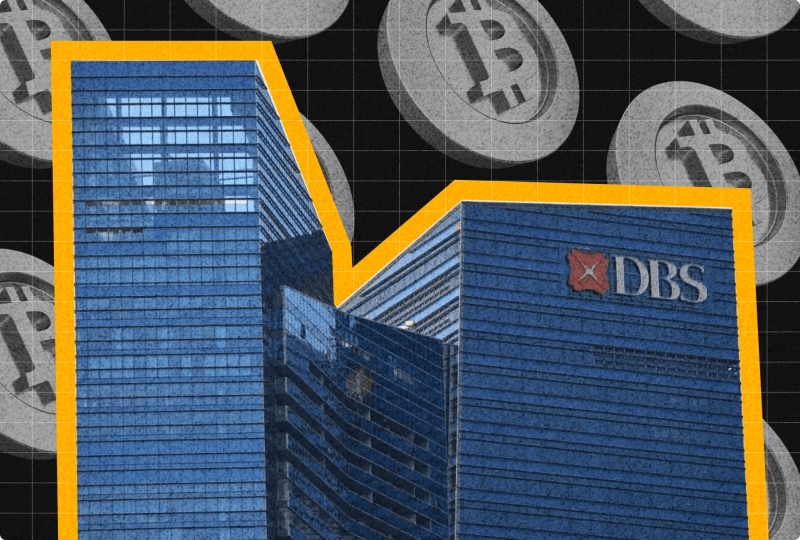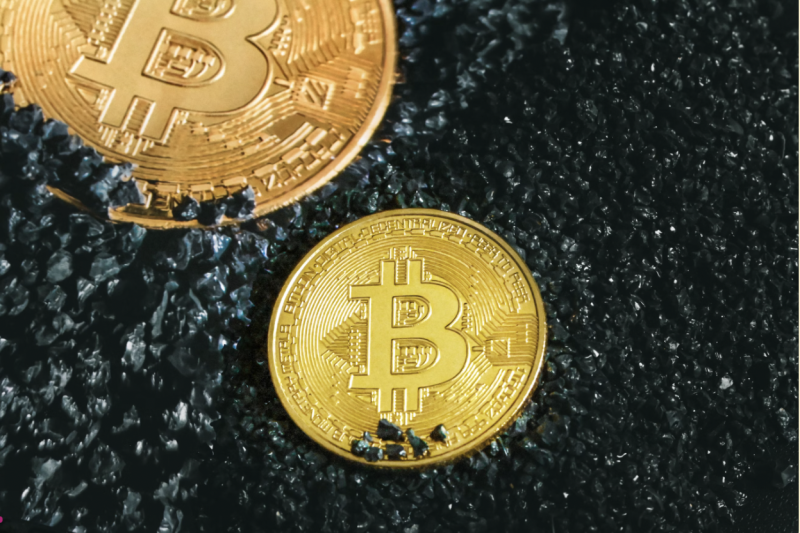Whistleblowers Can Protect Crypto And DeFi
Jan 30, 2022

Unregulated cryptocurrency is a thing of the past. As a result of widespread cryptocurrency fraud and the phenomenal expansion of regulation-skirting decentralized finance (DeFi), US authorities are poised to take unprecedented action against the cryptocurrency sector.
This regulatory movement is consistent with the United States' historical pattern of financial regulation — swinging between more and less regulation depending on whether the desire for greater freedom outweighs the fear of financial instability or vice versa.
While free-market crypto supporters may worry, those prepared to collaborate may reap huge rewards. By speaking out against unlawful activities and abuses they see, insiders may safeguard their firms' success while authorities pursue other bad actors.
If the insider's employer refuses to change and regulators are compelled to intervene, the insider may also be able to receive a substantial reward for blowing the whistle. The insider may potentially get protection from retribution by blowing the whistle.
History tends to repeat itself
Financial regulation in the United States follows a well-known pattern — a time of relatively lax regulation followed by a period of increased regulation to address financial instability.
Forefathers of the US fought tooth and nail against the need for government control of the financial system, a battle that focused on the chartering of a national bank. Andrew Jackson eventually dismantled the national bank in favor of a decentralized banking system, ushering in what has come to be known as the Free Banking Era, "wildcat" banks, and decades of financial instability, culminating in Abraham Lincoln's crypto hoax.
More recently, beginning about 1980, a wave of deregulation resulted in financial innovation and consolidation, but also in economic instability in the shape of the late 1980s and early 1990s Savings and Loan Crisis. After the Great Recession of 2007–2008, the pendulum swung back in favor of more regulation with the passing of the Dodd-Frank Wall Street Reform and Consumer Protection Act.
By raising the alarm early, cryptocurrency whistleblowers may help level the playing field in their business.
A similar regulatory tendency is seen in the Bitcoin sector, which was formerly unregulated. Concerned about persistent anti-money laundering and "know your customer" (AML/KYC) failings that have tarnished the cryptocurrency industry's image as a sanctuary for drug traffickers, tax evaders, and terrorist financiers, lawmakers revised the Bank Secrecy Act to include cryptocurrencies expressly.
Chairman of the Securities and Exchange Commission Gary Gensler has likened the crypto revolution to a new age of wildcat banking. The SEC has already asserted that many cryptocurrencies and cryptocurrency-related items are securities, most notably in its action against Ripple. Former Commodity Futures Trading Commission Commissioner Dan Berkowitz – now the SEC's general counsel – believes DeFi is entirely illegal. The Department of Treasury has recommended that Congress prohibit non-bank issuers from issuing stablecoins, a type of cryptocurrency backed by a reserve asset to provide price stability.
Even governments are getting involved, with state attorneys general pursuing lawsuits against businesses such as NEXO, Celsius, and BlockFi for failing to register in their respective jurisdictions before issuing or selling securities or commodities. Cryptocurrency's period of regulatory exemption has come to an end.
Whistleblowers may help shape regulatory and compliance policies
While the business is concerned about this counterrevolution, crypto insiders who disclose fraud and illicit activities to the authorities stand to benefit significantly. Regulators such as the Securities and Exchange Commission, the Commodity Futures Trading Commission, the Financial Crimes Enforcement Network, and the Internal Revenue Service rely on whistleblowers to provide an inside look at a company's or industry segment's operations, assisting regulators in identifying fraud and illegal activity well before wrongdoers irreparably harm investors, customers, and the public.
Insider information may also assist regulators in focusing their enforcement actions and legislation on the space's worst offenders, preventing policymakers from needlessly stifling unique and important components of the bitcoin economy.
Whistleblowers may receive compensation for providing this information via various federal whistleblower motivation initiatives, provided the whistleblower correctly submitted a tip that resulted in a qualified enforcement action.
In the SEC and CFTC whistleblower programs and the recently strengthened AML whistleblower program, a whistleblower may get up to 30% of the proceeds of an enforcement action exceeding $1 million. These procedures enable whistleblowers to conceal their identities by submitting tips anonymously through an attorney.
A whistleblower may get up to 30% of a government recovery of at least $2 million under the IRS whistleblower program. Since 2007, whistleblowers have won over $1 billion via the SEC and CFTC whistleblower programs, including eye-popping awards of more than $100 million. The IRS whistleblower program alone has paid more than $1 billion to whistleblowers.
However, whistleblowers do not only benefit the government. Whistleblowers may assist businesses in avoiding regulatory enforcement proceedings by forecasting regulatory trends and enforcement measures in the future. Numerous personnel are well-positioned to raise the alarm and alert decision-makers to the need for change. A whistleblower can avert potential problems by advising the company to seek No Action Letters from regulators – effectively asking a regulator to approve a particular product or course of action – or by suggesting reorganizing a transaction or product in such a way that it is less likely to violate regulations.
Even when a firm has already participated in possibly criminal activities, a whistleblower may have the finest insight into how to reverse course or contact authorities about rectifying the company's actions.
Protections for whistleblowers
Being a whistleblower may be frightening, considering the high rate of reprisal. Retaliation may take various forms, from a hostile work environment to dismissal.
Federal and state legislation, such as the Sarbanes-Oxley Act, the Dodd-Frank Act, and the Anti-Money Laundering Act of 2020, may protect against retribution for whistleblowers. While the remedies available under the different whistleblower acts vary, they all aim to place the retaliated-against employee in the same position he or she would have been in if retaliation had not happened.
To qualify for these safeguards, an employee must blow the whistle in a protected manner. A whistleblower does not need to establish an actual law violation or even be right that fraud or criminal behavior occurred. Rather than that, these laws usually shield whistleblowers against retaliation that can demonstrate "that a reasonable person in the same factual circumstances with the same knowledge and experience have believed that the employer violated" the law.
As several significant corporate whistleblower jury convictions over the previous decade illustrate, a retaliating company might face substantial financial penalties. However, since whistleblower retaliation laws are complicated, an employee considering blowing the whistle should get legal counsel.
Whistleblowers to the rescue
The cryptocurrency sector has a lot to learn. Traditional financial institutions have spent decades adapting and adhering to regulatory requirements, while crypto has operated with little concern for compliance.
By raising the alarm early, cryptocurrency whistleblowers may help level the playing field in their market. By taking whistleblower concerns seriously, firms in the cryptocurrency sector may avoid the expected bombardment of enforcement proceedings and spare themselves time, money, and headache.




